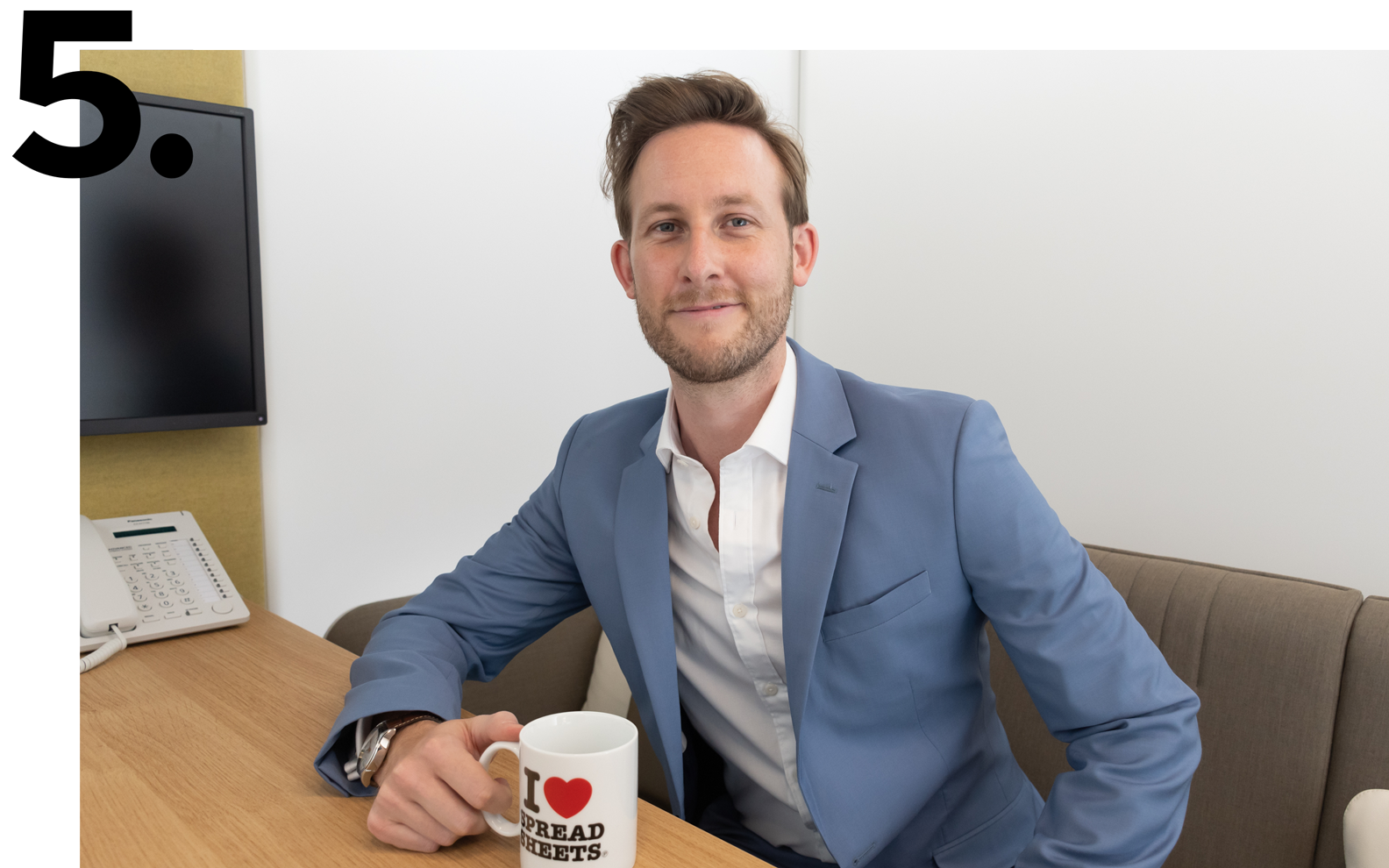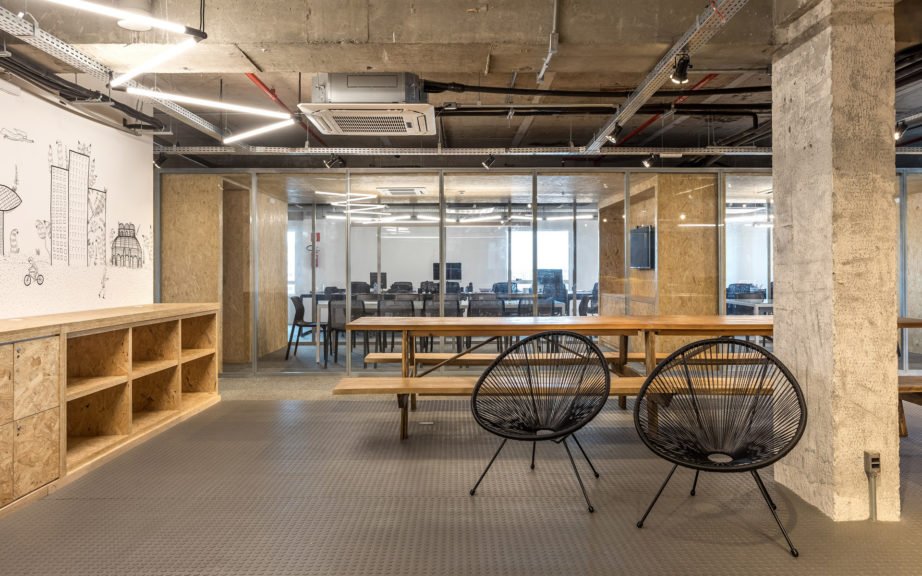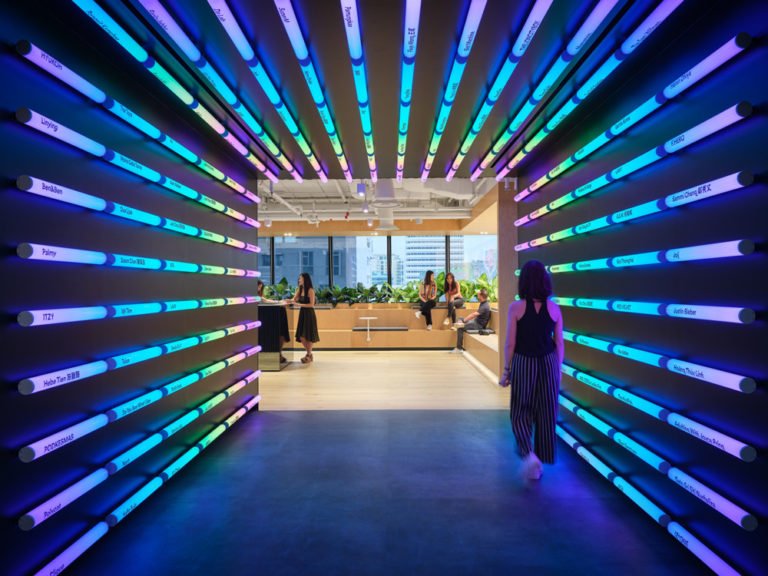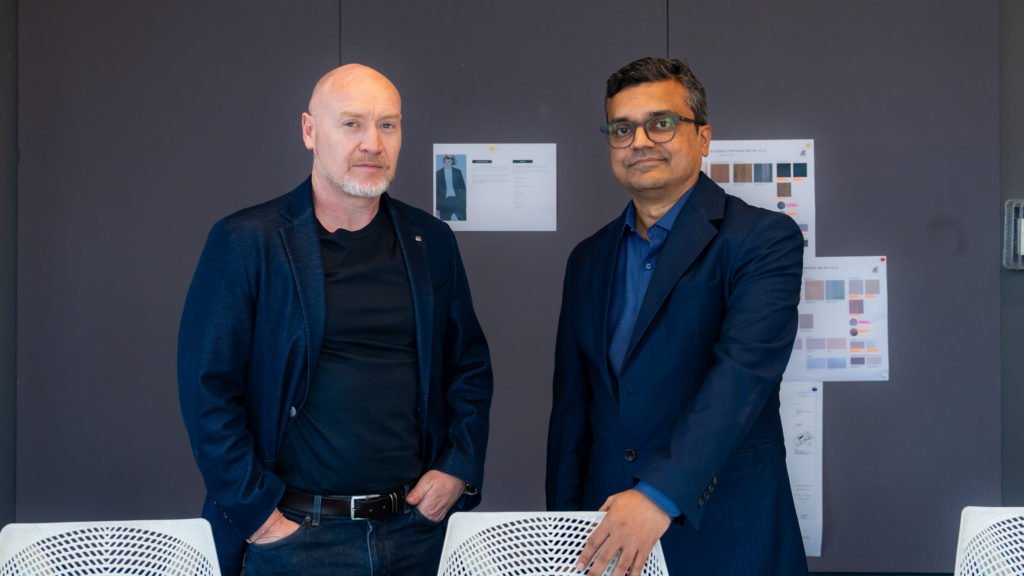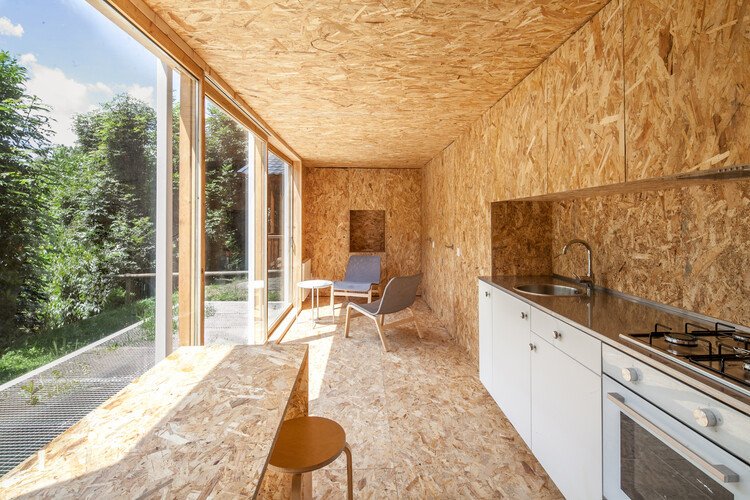ADAM JONES
Associate, Thomas & Adamson
Experience in the field: 12 years
To be an effective PM, you have to have that emotional intelligence to be able to effectively engage with the multiple stakeholders within a project, from investors, developers, consultants, contractors, subcontractors and suppliers. Building strong relationships is key to overcome the project challenges and lead the project team forward.
What are the many roles that project managers have to undertake, particularly in this region?
One of the key differences in this region is the multiple nationalities on board a single project, coming from different cultures and backgrounds. So you have to be open to different approaches and ways of doing things. Which again goes back to having the emotional intelligence to be able to relate to these diverse styles of working.
What is the value that a project manager brings to a project?
Project managers use their knowledge, skills and experience to manage the complexities, resolve project challenges to deliver projects on time, within budget and to achieve the requisite quality. In a sector like construction where we are frequently developing one-off and unique projects, effectively every project is a prototype, so there are always going to be unexpected challenges and it is the PM’s role to steer the project to achieve its successful delivery.
To do this, the PM needs to motivate and lead the project team by fostering engagement with the architects, engineers, contractors, the client and stakeholders. And that happens when you take the time to build relationships with individuals.
At Thomas & Adamson, we always stress the importance of the human connection. Humans are social animals that thrive on connections and relationships, and as lone individuals humans are not very successful. By working as a team we can achieve remarkable things, but in order to do so and to drive innovation and engagement, we need to make the team members feel supported, feel that they won’t be exposed. Creating a culture of psychological safety and not managing through fear is, in my experience, one of the key factors in driving engagement, innovation and collaboration within successful teams.
And what is the most challenging aspect of this role?
When the scope is not clearly defined, it can lead to disagreements between contractors, consultants and clients, and often it is the PM that needs to be the mediator, and find a solution that is accepted by all parties based on reason and logic. Another challenge that we face, particularly in this region, is unrealistic expectations in terms of programme, cost and quality. Then there are disputes, often as a result of inappropriate risk allocation. As an industry we need to get better at allocating risks to the party who is best placed to manage the risk rather than pushing these down the supply chain, leading to failure and disputes.
There is also a heavy focus on cost in this region – often clients will award projects to the lowest price contractor who may not be best placed to deliver the job in terms of experience or expertise. This can lead to failure of the project on many fronts and also result in disputes. We need to think about how we define value, in terms of quality, sustainability and lifecycle costs.
Another aspect worth mentioning is that Design and Build is being heavily championed in the industry, and while it has its advantages through programme and early contractor involvement, clients need to be aware of the risks associated with this procurement route. It is critical that the employers’ requirements are drafted so that they are tight enough to achieve the aesthetic and functional requirements, while still leaving scope for the contractor to find efficiencies and value. As PMs we need to make sure that our clients are aware of the benefits, opportunities, risks and challenges with different procurement routes so that the project is set up correctly.
How do you see your role evolving in the future?
I see the traditional cost / quality / time parameters that we use to measure success on a project evolving to place a greater emphasis on sustainability as the industry pushes towards net zero carbon objectives. This will be one of the biggest challenges in the next ten years, we have a long way to go on this and as an industry we have a collective responsibility to do everything we can to safeguard the future of our planet.

